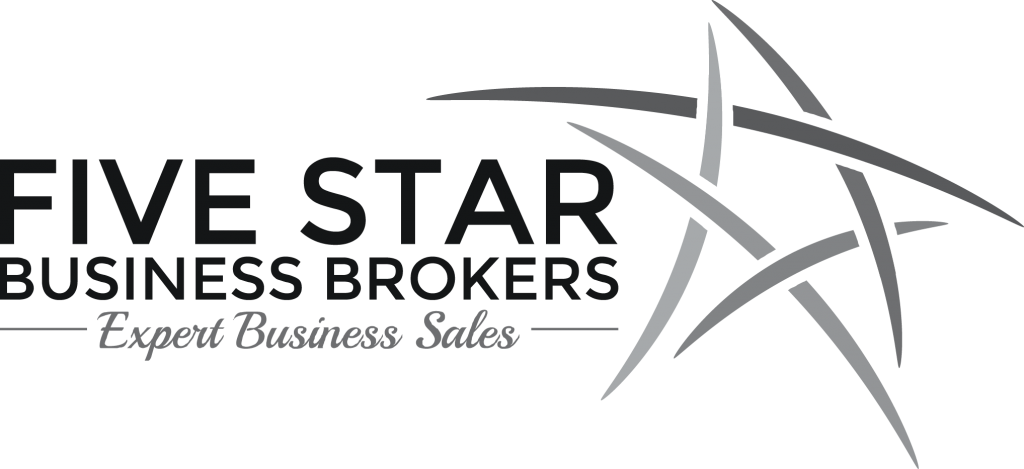Valuing Tow Truck Businesses
Tow truck companies pick up damaged or disabled vehicles, and typically transport them to a vehicle service center or an impound lot. The impound lot is invariably owned or leased by the tow truck company, which offers a means of generating ancillary income from selling abandoned vehicles (or their parts). Tow truck businesses are generally valued as a multiple of 2-4 x its annual adjusted owner benefit or alternatively as one year’s annual adjusted owner benefit plus the current net tangible value of its equipment (whichever is greater). Many buyers are willing to pay a premium valuation for tow truck companies with an established market presence, a stable and reliable roster of drivers with an accompanying vehicle fleet, and growing sales and profits.
Types of Tow Truck Companies
Many tow truck companies generate clients from relationships with insurance companies and motor vehicle clubs. The tow truck company is assigned a job by the insurance company or motor vehicle club, and gets paid directly by them. Other tow truck companies rely on police contracts to generate clients. Local police departments have rotation lists with approved tow truck companies who are sent by the police when they decide a vehicle needs to be towed. It sometimes takes many years before being accepted for the rotation schedule, and once accepted is basically permanent as long as service levels are maintained. Tow truck companies with police contracts enjoy a virtual oligopoly with an insulated market share that is protected from competitors. As such, they are generally assigned higher valuations compared to tow truck companies that deal with insurance companies.
Determine Adjusted Owner Benefit of Tow Truck Company
- When selling a tow truck company, it is important to first properly determine its adjusted owner benefit, or true economic profits derived by the owner.
- Using the most recent financial statement (such as a tax return or profit and loss statement), one may calculate the EBITDA or Earnings Before Interest, Taxes, Depreciation, and Amortization.
- This is essentially the pre-tax income that does not include costs for depreciation (non-cash charge) or debt servicing costs.
- Then one must add-back any personal expenses of the owner that flowed through the financial statement, the owner’s salary, and any unrecorded (if verifiable) cash sales.
- It is important to note, however, that debt servicing costs (typically for vehicle debt) should only be excluded from adjusted owner benefit so long as the business is conveyed debt-free at closing.
- In reality, this means that any vehicle debt should be paid off at closing by the seller if debt servicing costs are excluded from adjusted owner benefit.
- Further, capital expenditures for vehicles (a long-term physical asset that is used for more than twelve months) are depreciated over time.
- Such depreciation is also properly excluded from adjusted owner benefit, but some tow truck companies regularly purchase vehicles to maintain its fleet.
- As such, these costs may be considered ‘maintenance cap-ex’, and should be deducted from the adjusted owner benefit.
Examine Owner’s Role in Tow Truck Business
In order to properly value a tow truck company, the owner’s role must be closely examined. Many tow truck companies (particularly smaller companies) have owner-operators who also function as a driver. When the owner is also a driver, then the adjusted owner benefit should deduct the cost of replacing the owner’s role as a driver (after adding back any salary received by the owner). This is because it is not reasonable to assume that the buyer of the tow truck business would act as the driver. It is important to remember that the sale of a tow truck business should be viewed as the sale of a business, not as the sale of a job.
Factors Affecting Valuation of Tow Truck Companies
The valuation multiple assigned to the adjusted owner benefit (which assumes the vehicles are conveyed debt-free) of a tow truck company depends in large part on its competitive advantages. The competitive advantages of a tow truck company may consist of the breadth of its vehicle fleet, the reliability and quality of work by its trained drivers (not including the owner), its entrenched position in the community as a known and trustworthy towing company (hopefully with police contracts which insulates them from competition), and an ability to profit from ancillary sales and services within its impound lot. If real estate is owned by the tow truck company, it may be included in the overall deal or leased from the seller to the buyer.
Structure of Transaction for Tow Truck Company Sales
A unique aspect of the tow truck industry is the importance of insurance contracts and police contracts. In order to assure the transferability of these contracts from the seller to the buyer after the closing, the buyer will sometimes wish to structure the transaction as a stock purchase deal. In contrast to the more common asset purchase deal where the buyer creates their own corporate entity and purchases the assets of the seller’s corporate entity, a stock purchase deal is where the buyer individually purchases the seller’s corporate entity. The drawback of a stock purchase deal that the buyer also has the risk of inheriting the seller’s corporate liability. Because of the importance of transferring the contracts, many buyers are willing to accept this risk.
Prior to selling a tow truck company, it is always best to consult a professional business broker. This way, the business may be priced in a way that properly measures the adjusted owner benefit and assigns a proper multiple to the adjusted owner benefit. Because of the unique market niche of the tow truck industry and its oligopolistic market tendencies, tow truck companies are in high demand from entrepreneurs as well as local or regional competitors.
Give Martin at Five Star Business Brokers of Palm Beach County a call today for a FREE evaluation of your business.
